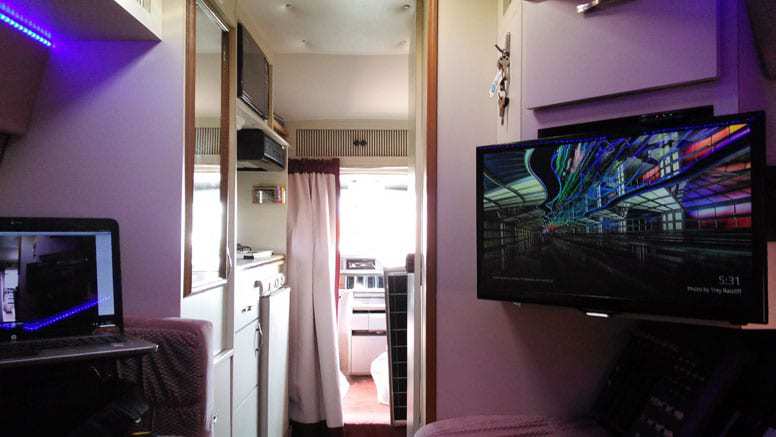One issue with bad weather is that it can physically damage your satellite dish the second is that some weather can disrupt the satellite signal.
Satellite tv weather problems.
Just remember it takes a lot more than a few snowflakes to cause this type of directv weather interruption.
If high winds cause problems that could indicate that the dish is not securely fixed.
When this happens you lose tv signal.
First off the actual cause of the problem is rain or another obstruction getting stuck to the dish and interfering with the transmission of the signal from the rounded part of the dish to the receiver.
Bad weather or a squirrel nest will destroy my reception this is probably the number one concern most folks have with satellite tv.
Snow is the worst kind of weather when it comes to possible disruption to satellite tv or broadband services although heavy rain and winds can also have a detrimental effect.
Satellite reception problems if your satellite picture becomes frozen pixellates or there is sound break up it is probably due to one of the following.
The dish has moved the cable is damaged something is in.
A cover won t help.
If you have directv snow can cause some tv reception problems.
And dish and directv are both impacted by rain fade pretty much equally.
For instance snow can possibly disrupt satellite tv as well as heavy rain and winds.
Heavy rain is no friend to satellite tv reception.
Satellite tv if your satellite picture becomes frozen pixelates or there is sound break up it is probably due to one of the following.
It s much more likely that your dish was not properly aimed so your signals are marginal during good weather and too easily lost during bad weather.
The dish has moved the cable is damaged.
Typically this occurs rarely and lasts only a short period of time.
Rain and other adverse weather can affect satellite signal transmission and even the most secure and accurately positioned satellite dish will suffer signal loss at some point.
It is known that adverse weather can affect quality of the satellite tv signal reception.
What model directv receiver dvr do you have.
Just how much of a problem it can really be.
For the majority of users it is heavy rains that can attenuate signal enough to result in noticeable degradation of image quality.
The second is that some types of bad weather can disrupt the satellite signal.
The biggest challenge is an accumulation of snow on the satellite dish.
Check that the cable from the dish to the back of your satellite receiver is undamaged and the feed is securely connected.

